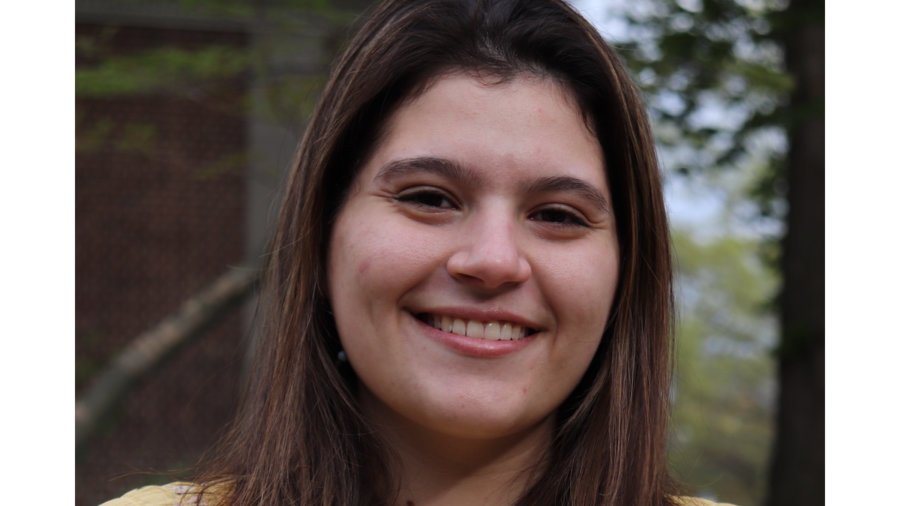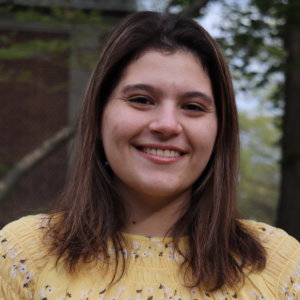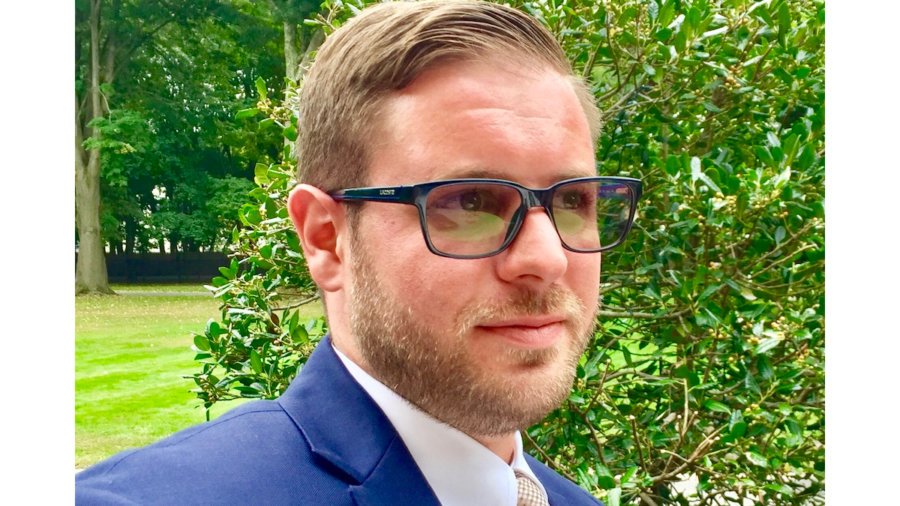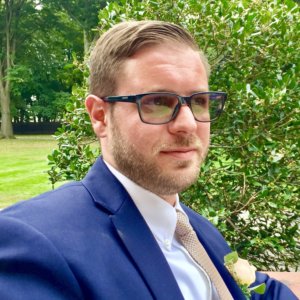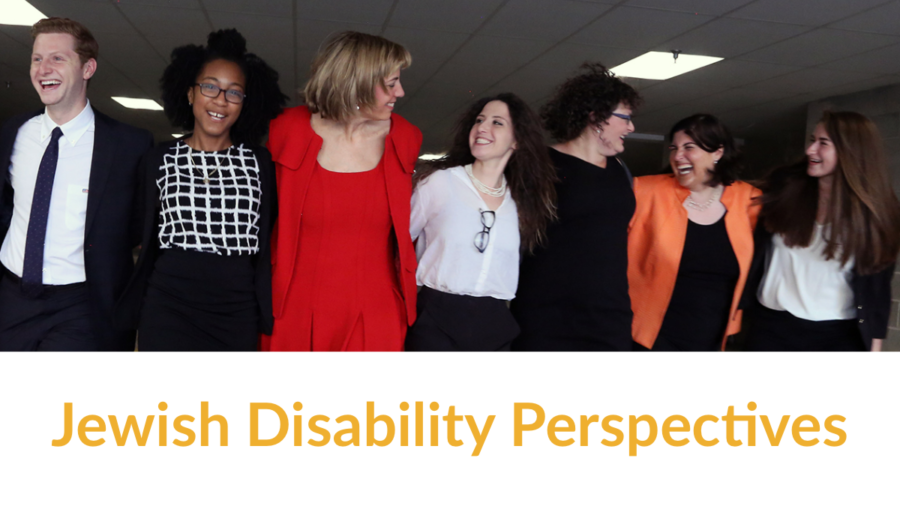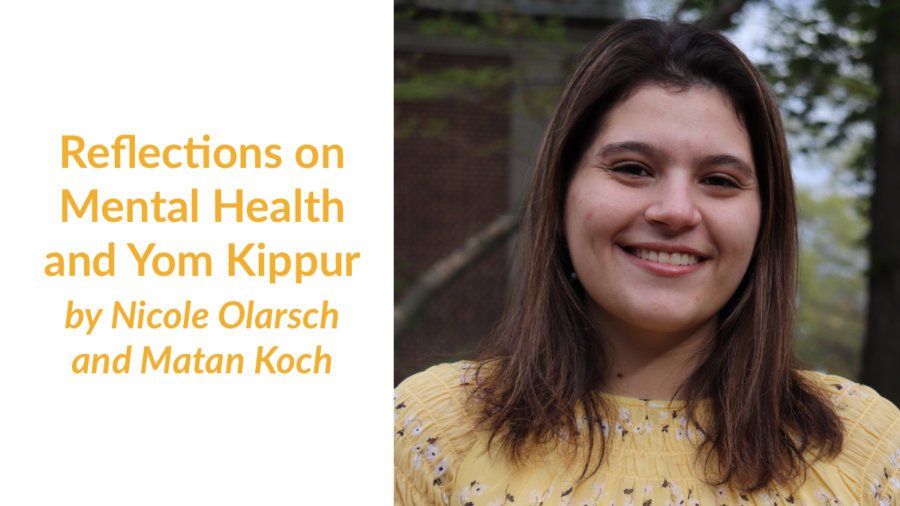For those of us who have long waited to see people who proudly embrace their significant disabilities in positions of power, the fact that Israel’s energy minister, Karine Elharrar, is a power wheelchair user can easily lead one to believe that the arc of history is changing. And it probably is. Sadly, this week demonstrated just how far we still have to go. The Times of Israel offers the following description of the Minister’s arrival to the United Nations Summit.
“For two hours on Monday, organizers refused to let Elharrar enter the large compound in the vehicle in which she arrived, Elharrar’s office said. They eventually offered a shuttle transport to the summit area, but the shuttle was not wheelchair accessible. The energy minister was forced to return to her hotel in Edinburgh after organizers refused to accommodate her.”
The rest of the article tells quite a tale. There were accessible entrances, just not ones to which she could bring her car. The organizers told her that she needed to somehow get out of her wheelchair, and walk over a kilometer to get the door. [continue reading…]


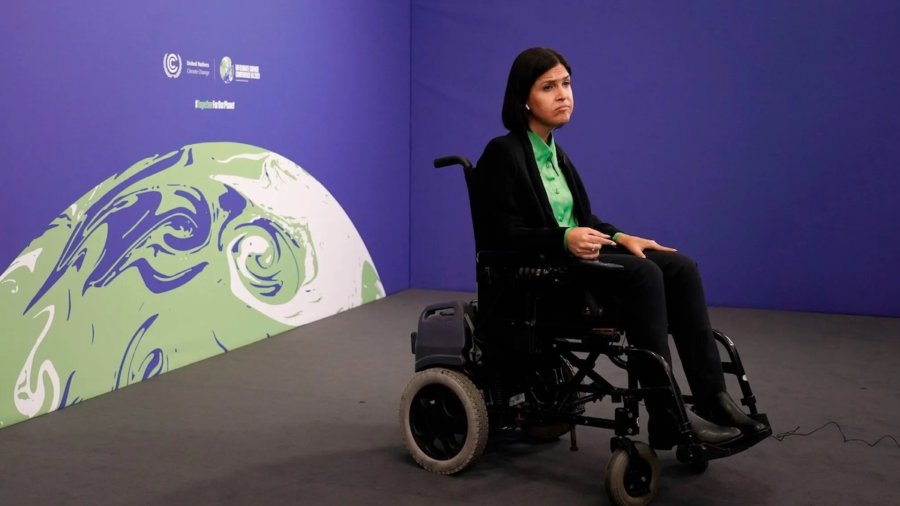
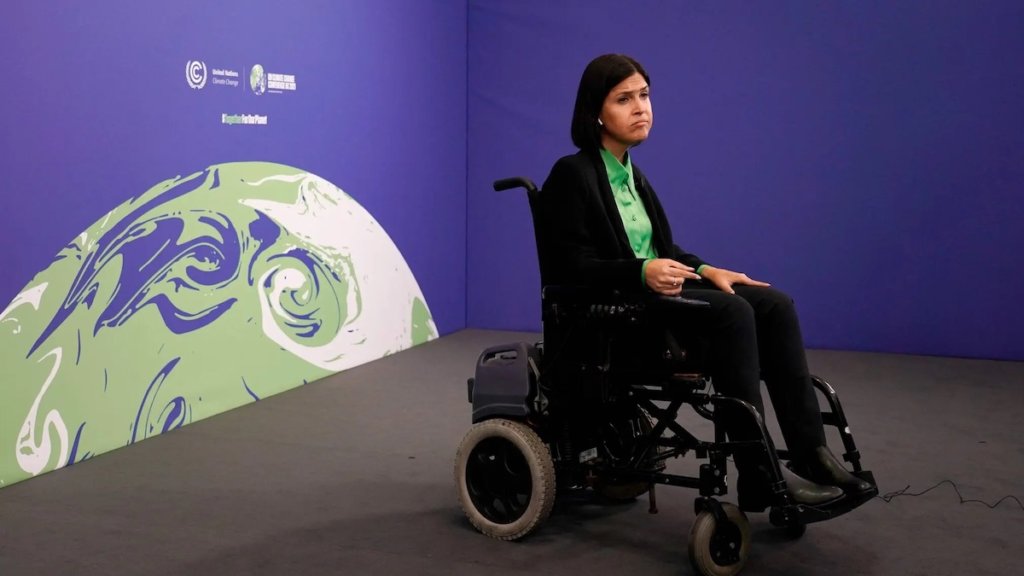
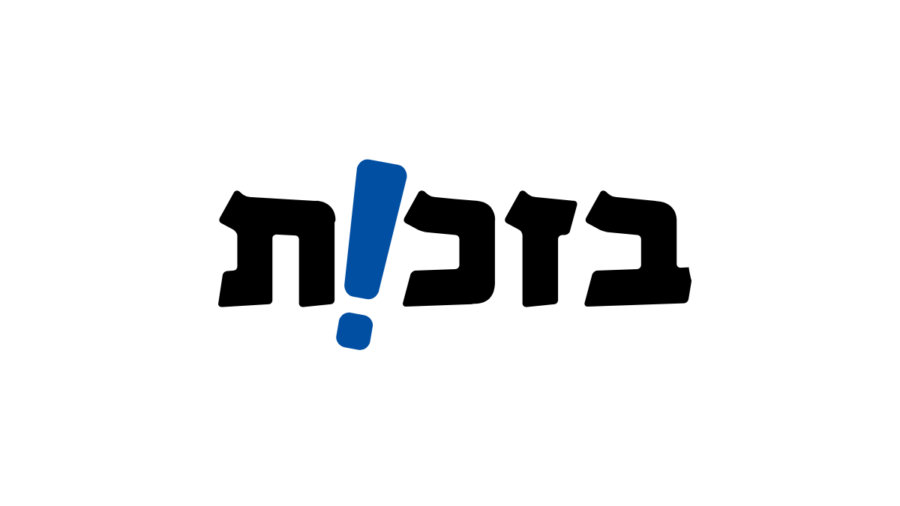
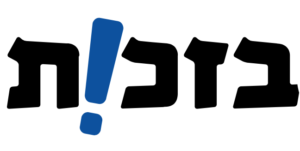
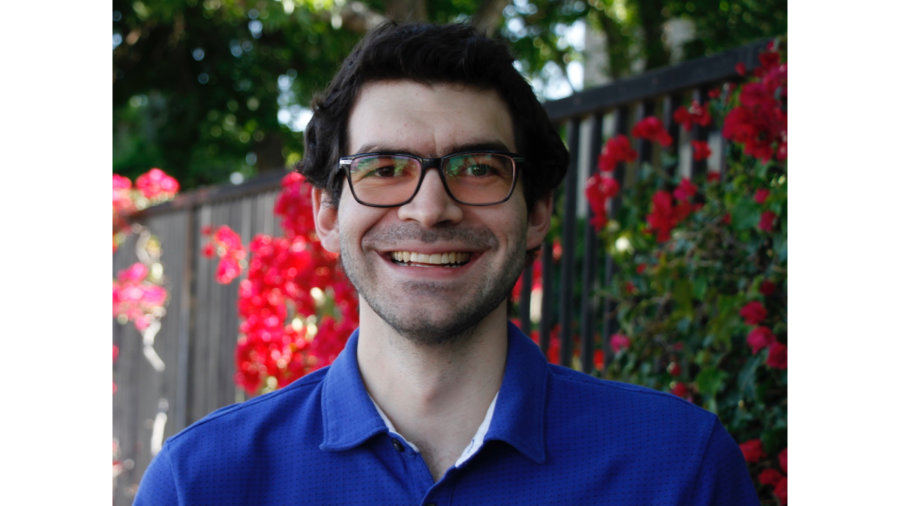
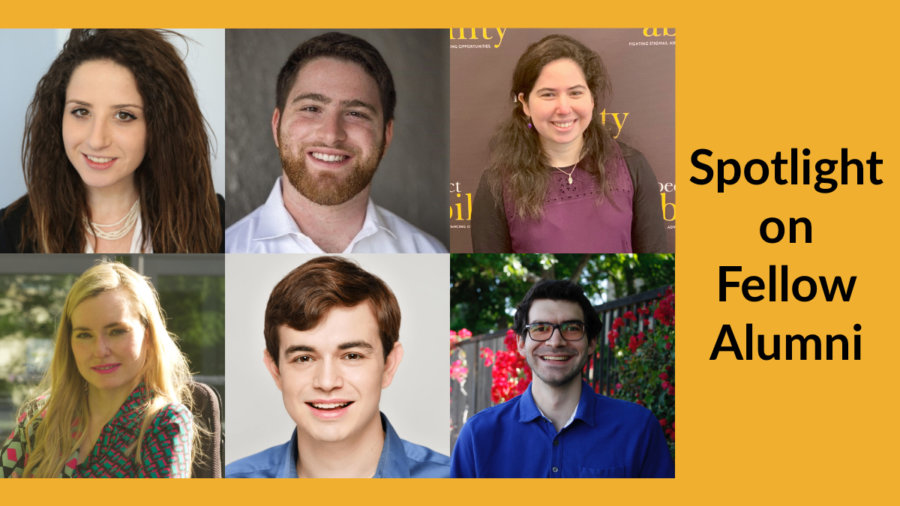
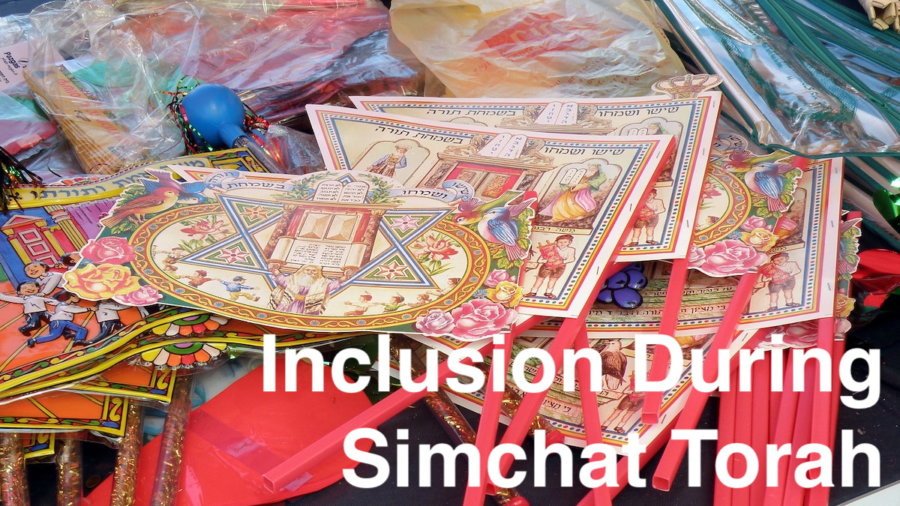
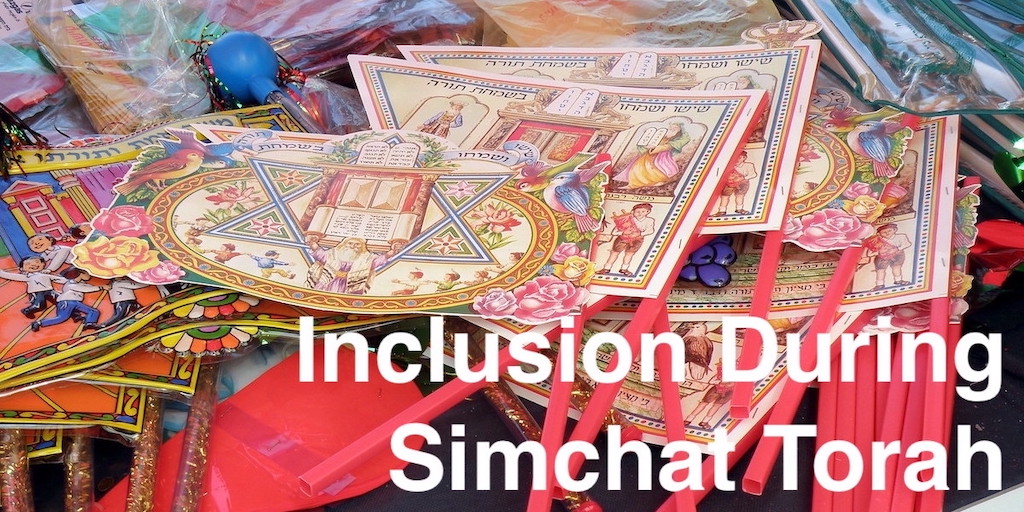 Simchat Torah (which translates to Rejoicing with the Torah in English) is a Jewish holiday which occurs at the end of Sukkot. Filled with music, dancing and beautiful imagery, it is a time of celebration that includes reading the end of Deuteronomy, the beginning of Genesis, and dancing in seven traditional Hakafot (circular dances) each with its own blessing and theme. On such a joyous holiday, no one should feel the pain of exclusion, and so we hope you will consider taking some of these steps to make sure that all can celebrate.
Simchat Torah (which translates to Rejoicing with the Torah in English) is a Jewish holiday which occurs at the end of Sukkot. Filled with music, dancing and beautiful imagery, it is a time of celebration that includes reading the end of Deuteronomy, the beginning of Genesis, and dancing in seven traditional Hakafot (circular dances) each with its own blessing and theme. On such a joyous holiday, no one should feel the pain of exclusion, and so we hope you will consider taking some of these steps to make sure that all can celebrate.